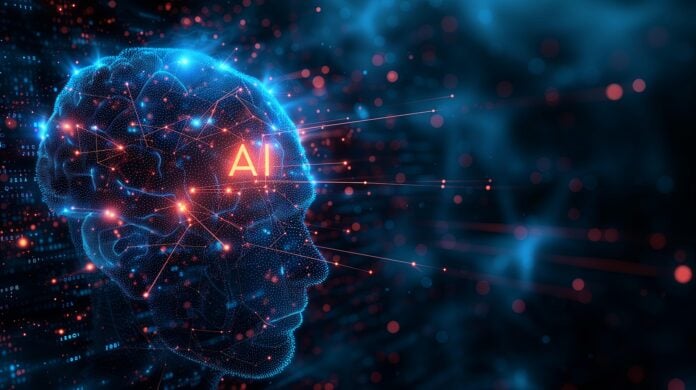The Future Is Now: Top Artificial Intelligence Industry Trends Artificial intelligence is no longer a niche technology—it’s a driving force that’s reshaping how industries operate, innovate and compete. As we move into 2025, AI trends are moving fast and companies are racing to get smarter systems that increase efficiency, uncover insights and transform customer experiences.
From generative AI tools to predictive maintenance, the future of AI is here, and it’s here to stay. Based on what I’ve seen across sectors, the smartest companies are no longer asking if they should be using AI, but how fast can they scale it?
1. Global AI Market to Explode
According to recent reports, the global AI market is expected to reach $300 billion by 2026. This growth is being driven by AI adoption across sectors like healthcare, manufacturing, finance and retail.
Companies are allocating more budgets to AI R&D, building proprietary models and platforms that inform decision making and automate complex tasks.
2. Generative AI Goes Mainstream
Generative AI—tools like ChatGPT, DALL·E and MidJourney—are no longer experimental. They’re becoming core productivity tools, powering content creation, coding, design and customer service at scale.
In marketing and creative industries, generative AI is enabling faster ideation, A/B testing and content personalisation like never before. Companies are building custom models for their data, unlocking unique brand applications.
3. Multimodal AI Systems
Multimodal AI, which combines text, image, audio and video processing, is becoming a game changer. These systems can analyse and interact with multiple forms of data at once—think AI that can read a document, summarise it, generate a graphic and even narrate it.
This trend is particularly important for industries that deal with large volumes of unstructured data like media, education and healthcare.
4. Predictive Analytics and Forecasting
AI-powered predictive analytics is being used across sectors to forecast everything from equipment failures to customer churn. In healthcare, for example, AI models predict patient deterioration before it becomes critical. In retail, they anticipate consumer demand and manage inventory proactively.
This is helping businesses move from reactive to proactive operations and save time and resources.
5. AI in Healthcare: Smarter, Faster, Safer
Healthcare is one of the most challenging, and AI is one of the most important. Tools like AI-powered diagnostics are assisting doctors in identifying diseases such as cancer with greater than 90% accuracy. Natural language processing is being used to interpret patient notes while predictive models are flagging high-risk individuals.
AI is also making patient engagement more personalised and efficient through virtual health assistants and automated follow-ups.
6. Manufacturing Gets a High-Tech Overhaul
Manufacturing is undergoing a quiet revolution with AI optimising supply chains, quality control and predictive maintenance. Machine learning algorithms monitor sensor data to anticipate machine breakdowns before they occur, reducing downtime by a huge margin.
AI-powered computer vision tools inspect products in real-time for defects—something that used to take manual labour hours or even days.
7. AI-Driven Marketing Is Redefining Customer Engagement
In 2025, AI is the marketer’s secret weapon. From chatbots to customer segmentation, AI helps brands understand and anticipate customer behaviour. Generative AI is creating ad copy, landing pages and social posts in seconds, while A/B testing is now powered by real-time learning.
One McKinsey study showed that companies using AI in marketing see up to a 25% increase in customer satisfaction and conversion rates.
8. Focus on Ethical AI and Transparency
As AI becomes more powerful, ethical concerns and transparency are becoming top priorities. Organisations are now investing in AI governance—ensuring models are explainable, unbiased and aligned with human values.
Governments and regulatory bodies are also stepping in with clearer frameworks, emphasising responsible AI development and usage.
Final Thoughts
Artificial intelligence is no longer an emerging technology—it’s foundational to how modern industries operate and innovate. As we move into 2025, the organisations that harness these AI trends thoughtfully and ethically will be the ones shaping the future. And that’s the future.
Last Updated on August 2, 2025 by Joshita


